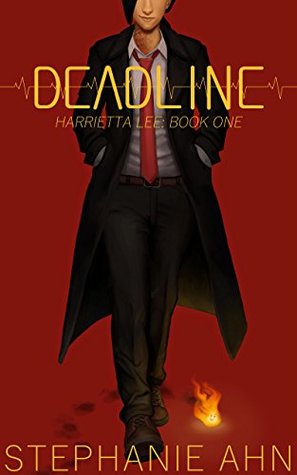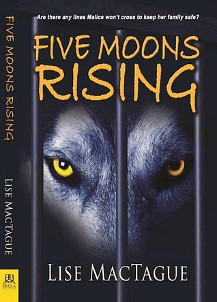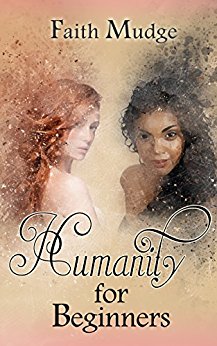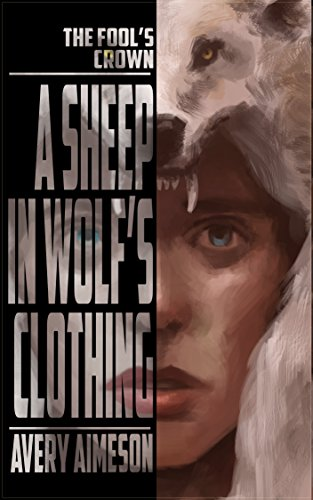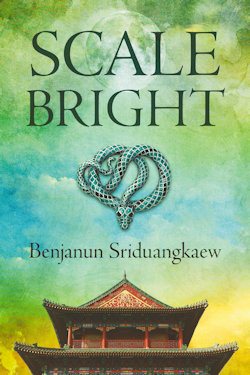Harrietta Lee, or Harry, is a witch excommunicated from the magical community due to a checkered past and a lot of baggage. Her main goal is to make rent on time with by using what magic she has left to help people. One of these people is Tristan, an apprentice of the famous Meresti family,Read More
Bee reviews Euphoria Kids by Alison Evans
I’ve been reading Alison Evans’ work for a while. The main appeal for me is that they are a Melbournian author, and their YA sci-fi/fantasies always have a basis in the city and surrounding areas. I think I’ve written here before about how much that appeals to me. When their newest book, Euphoria Kids, wasRead More
Mary Springer reviews Five Moons Rising by Lise MacTague
Malice, known as Mary Alice to her family, is a trained hunter for paranormal creatures. Ruri is the beta werewolf of her pack, has been around for a couple of centuries, and is not a werewolf to be trifled with. Both their lives are shaken when Ruri’s pack is taken over by a violent, lonerRead More
Danika reviews The Year of the Knife by G.D. Penman
Sully has not been having a good summer. She works for IBI, the investigation bureau of the British empire, and despite the strikes against her–woman, Irish, gay–she has managed to gain some respect by being the best in the field. She may have learned from a hedge witch, but she can hold her own againstRead More
Susan reviews Bearly A Lady by Cassandra Khaw
Bearly a Lady by Cassandra Khaw is the romantic (mis)adventures of Zelda McCartney, a fat bisexual fashionista woman of colour who works for Vogue’s London office… Who also happens to be a werebear with a vampire flatmate, a date with the hot werewolf next door, a fae prince to babysit, and a crush on herRead More
Maddison Reviews Long Hot Summoning by Tanya Huff
The Long Hot Summoning by Tanya Huff follows 18-year-old Diana Hansen, a Canadian teenager who comes from a line of Keepers, members of the Lineage who keep the dark and light in balance. Diana has just completed her final day of high school when she is given her first Summons, she must pass to the Otherside andRead More
Susan reviews Humanity For Beginners by Faith Mudges
Humanity For Beginners by Faith Mudges is an absolutely charming novella about a group (not a pack; definitely not a pack) of lesbian werewolves running a B&B in the Lake District. Gloria has, unintentionally, set up a half-way house for lesbian werewolves. She is a former soldier, and the owner of the B&B; Nadine isRead More
Susan reviews Iron & Velvet by Alexis Hall
Iron and Velvet by Alexis Hall is the first book in the Kate Kane series, following Kate Kane, private investigator, as she attempts to investigate the magic-induced murder of a young werewolf at a vampire nightclub (and hopefully avoids the three-way supernatural war that would result). I absolutely loved it. It’s very trope-heavy–Kate isn’t justRead More
Alice reviews A Sheep in Wolf’s Clothing by Avery Aimeson
“You won’t find anyone in this town straighter than a pretzel.” A Sheep in Wolf’s Clothing is the first book in the Fool’s Crown, a supernatural/urban fantasy series. The book contains themes of domestic abuse, sexual violence, and homelessness. An enjoyable read, but without much resolution, making it a two star book. I was drawnRead More
Marthese reviews Scale-Bright by Benjanun Sriduangkaew
Scale-Bright by Benjanun Sriduangkaew is a novella based on Chinese mythology that takes place in modern Hong Kong. This was an interesting premise and although I found it somewhat different from the fantasy that I usually real, it came recommended by a friend, so I gave it a go. The story follows Julianne Lau, aRead More
